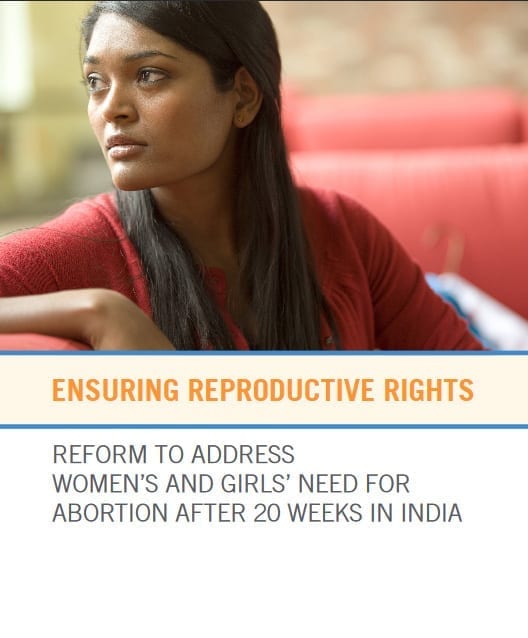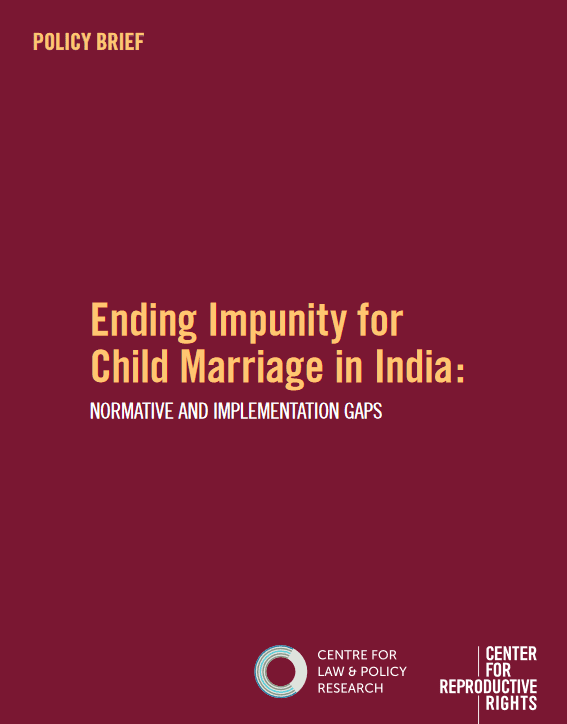New Report Highlights 16 Decisions on Reproductive Health and Rights from the Supreme Court of Nepal
“Supreme Court’s Decisions on Reproductive Health and Rights,” launched in June 2013, is the latest publication from the Asia Program at the Center for Reproductive Rights. The compilation highlights 16 landmark Supreme Court decisions concerning various aspects of women’s reproductive rights. Two of the most recent decisions included in the compilation establish legal accountability for the government’s failure to ensure access to safe abortion services and establish measures to prevent the high occurrence of uterine prolapse, especially among young women. These recent cases apply the constitutional guarantee of reproductive rights as fundamental rights recognized in the 2007 Interim Constitution of Nepal. Other decisions highlighted in the compilation address a discriminatory provision allowing a husband to divorce his wife on the basis of her inability to produce a child, child marriage, maternity benefits, and access to reproductive health services for women with disabilities.
In many of these decisions, the Supreme Court has ordered the government to take positive steps to address reproductive rights violations. However, due to lack of information about these decisions they tend to only remain on paper. In response, the compilation aims to draw the attention of key government officials, judges, and lawyers to the decisions and to urge them to take effective steps towards implementation. At the same time, the publication is intended to rally social mobilizers and women rights activists to advocate and lobby with the government for implementation of the decisions, as well as create awareness amongst women of their reproductive rights.
The publication was compiled, printed, and published by the Center in collaboration with the Forum for Women, Law and Development and the National Women’s Commission of Nepal. It was launched by Supreme Court Justice Hon. Kalyan Shrestha, co-author of some of these landmark decisions, at an event chaired by the Chairperson of the National Women’s Commission of Nepal and organized by the Center and the Forum for Women, Law and Development.
The compilation has already been shared with 169 newly appointed district and appellate courts’ judges, and will soon be disseminated to concerned stakeholders, including the ministries responsible for implementing the decisions. The Center hopes that the publication drives the government to prioritize ensuring women’s reproductive rights in Nepal and speeds up the implementation processes of these important decisions.


